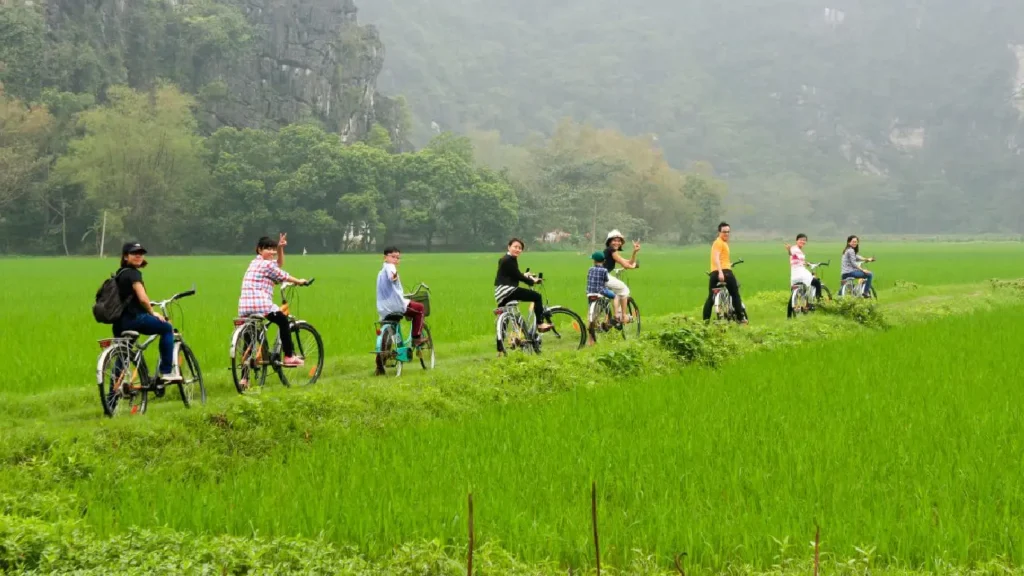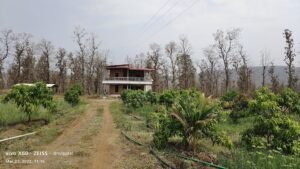Tourism is often celebrated for its ability to generate jobs, boost local economies, and showcase cultural richness. But as the planet faces growing ecological strain, the spotlight is shifting toward sustainable tourism – travel that meets present needs without compromising future generations. This isn’t just a feel-good movement. It’s a practical and profitable economic engine that supports multiple industries and livelihoods while protecting the environment.
Table of Contents
Why Sustainable Tourism Is More Than a Buzzword
Sustainable tourism integrates environmental stewardship, cultural preservation, and economic empowerment. It’s not limited to eco-resorts or nature retreats — it impacts farms, artisans, transport providers, waste management businesses, educational programs, and beyond.
According to the United Nations World Tourism Organization (UNWTO), tourism accounts for 10% of global GDP, but unsustainable practices—like overbuilding, pollution, and wildlife disruption—are harming both destinations and industries. In contrast, sustainable tourism boosts circular economies, uplifts small communities, and appeals to the growing global class of responsible travelers.
Industries That Depend on Sustainable Tourism
Let’s explore the ecosystem of businesses that directly or indirectly thrive when sustainable tourism flourishes:
1. Homestays & Eco-Lodges 🛏️
Unlike chain hotels, homestays and small eco-lodges are often family-run, locally sourced, and rooted in the landscape. They benefit from:
- Energy savings via solar panels
- Organic or farm-to-table food offerings
- Natural architecture using mud, bamboo, or wood
- Longer guest stays due to deeper cultural engagement
These accommodations support local employment and reduce the environmental footprint compared to high-rise resorts.
2. Artisans and Local Craftspeople 🪔
Sustainable tourism encourages the purchase of handmade, local goods instead of mass-produced souvenirs. When tourists visit tribal markets or craft workshops, it:
- Provides a direct income stream to rural artisans
- Helps preserve endangered art forms (like Warli, Madhubani, bamboo weaving)
- Enables women and marginalized groups to become self-reliant
Case Study: In Kutch, Gujarat, tourism-driven demand has revived Kutchi embroidery, now generating Rs. 50+ crore in annual revenue through cooperative societies.
3. Organic Farmers & Local Food Producers 🥕
Eco-travelers seek clean, local food, which drives business for:
- Organic farmers and dairies
- Beekeepers
- Agro-tourism farms
- Local tea, spice, or jam producers
For example, in Sikkim (India’s first fully organic state), farm stays and agro-tourism have brought fresh revenue to over 15,000 farming families.
4. Transport & Guided Services 🚌
Instead of large tourist buses, sustainable travel favors low-impact, community-run transportation:
- Electric rickshaws
- Bicycle or walking tours
- Local guides certified in responsible tourism
This model decentralizes profits and ensures knowledge-sharing stays authentic and localized.
5. Waste & Water Management Startups ♻️
Eco-conscious travelers are pushing destinations to rethink waste. Enter:
- Composting startups
- Waste segregation and upcycling services
- Greywater recycling solutions
- Bio-toilets for remote areas
These companies now partner with lodges, municipalities, and tourism boards to offer cleaner, greener infrastructure.
6. Education & Skill Development 📚
Sustainable tourism creates demand for:
- Training programs for eco-guides
- Language and hospitality skills for youth
- Sustainability certification for accommodations
- Digital marketing workshops for rural entrepreneurs
Organizations like SEWA and Tourism & Hospitality Skill Council of India (THSC) are increasingly focusing on green tourism training, impacting thousands of lives annually.
Economic Benefits of Sustainable Tourism 📈
Here’s how responsible travel translates into tangible economic value:
| Aspect | Impact |
|---|---|
| Job Creation | More labor-intensive than mass tourism; creates 2.5x more jobs per dollar |
| Local Spending | 65% of every rupee stays within the community (vs 20% in commercial resorts) |
| Season Extension | Cultural and nature tourism attracts year-round visitors, stabilizing income |
| Entrepreneurship | Enables microbusinesses to thrive—farmers, chefs, guides, artists |
| Resilience | Empowers small towns/villages to survive post-pandemic tourism shifts |
How Can We Develop Sustainable Tourism Further? 🌿
To ensure sustainable tourism scales effectively, a multi-pronged development strategy is essential:
1. Government Incentives & Zoning Policies
- Tax breaks for green infrastructure (solar, rainwater harvesting)
- Land-use zoning to limit over-construction near ecologically sensitive zones
- Priority funding for community-owned ventures
2. Community Participation & Ownership
- Encourage homestay cooperatives
- Set up artisan clusters and markets
- Create profit-sharing models that involve farmers and tribal groups
3. Digital Integration for Visibility 📲
- Support small businesses to list on eco-travel platforms
- Conduct training for Google Maps/WhatsApp Business listing
- Offer free or subsidized hosting/booking system integration
4. Eco-Certifications & Awareness 🏕️
- Promote certification standards like Green Key or Ecotourism Society of India
- Conduct guest orientation on sustainability practices
- Use visual markers like “Eco Stay”, “Solar Powered”, or “Plastic-Free Zone” on websites and signage
5. Youth-Led Innovation
Youth can play a crucial role in building sustainable models:
- College incubators for eco-business ideas
- Volunteer tourism programs (WWOOF, Earthwatch)
- Skill hubs for storytelling, photo-tourism, and culture mapping

Final Thoughts: Tourism That Builds, Not Destroys 🚀
The future of tourism lies not in concrete resorts and overcrowded hotspots, but in community-driven, eco-conscious models that celebrate local identity and biodiversity. Sustainable tourism is not just an environmental need—it’s a viable, scalable economic strategy.
By supporting the web of businesses that depend on responsible travel—from the farmer to the artisan, the potter to the forest guide—we are building a system that benefits everyone: the guest, the host, and the planet.




